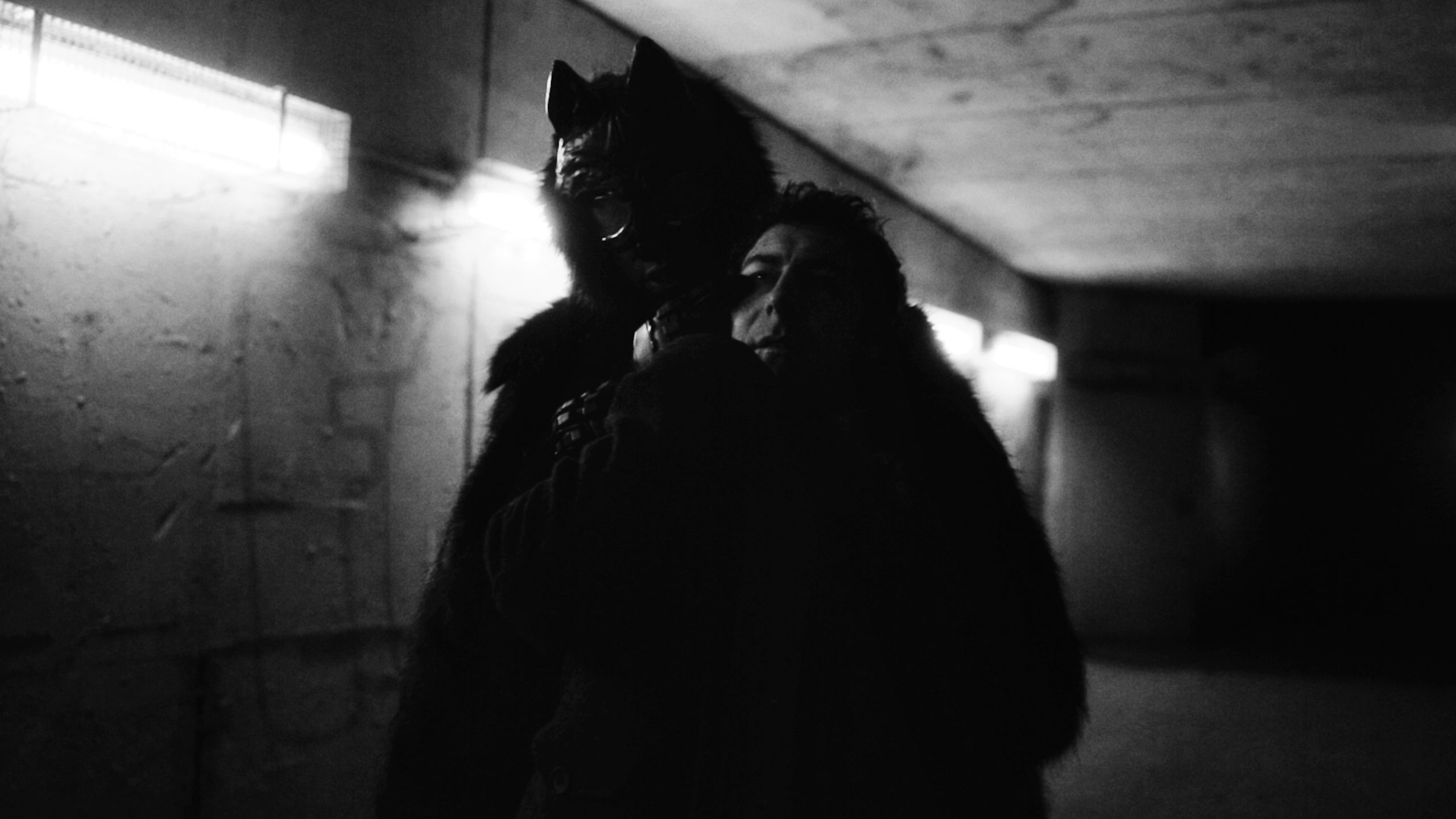
Film Review: Psychosis
Film Reviews
Psychosis
Director: Pirie Martin
Kessel Run Productions
Released: 08.12
Australia carries one of the most underrated and overlooked filmographies in the entire industry. Of course, you’ll have the heavy-hitters like Mad Max that helped to establish what the apocalyptic-action genre looks like, carving a rustic path through the Hollywood wasteland, all shiny and chrome. There’s the haunting hits that depict the living embodiment of grief (The Babadook), and some haunting misses that no amount of time in solitary confinement will shake (Kangaroo Jack). So, when I heard a new psychological drama from Australia was coming out, I didn’t know if I should’ve trekked fearlessly onward or treaded lightly …
Introducing Psychosis, written and directed by the co-founder of Kessel Run Productions, Pirie Martin. With only a slew of shorts under his belt, this is Martin’s first full-length film. He may not come strapped with a portfolio of cinematic history, but you gotta flex your chops once in a while to get around in this world. What resulted is an hour-and-a-half, noir, arthouse thriller that keeps you guessing to the very end … and then still keeps you guessing.
Through black-and-white stereoscope framing, we meet Cliff Van Aarle (Derryn Amoroso, Offstage), a schizophrenic criminal detective that’s amped up on Folger’s coffee and hot on the trail of a new hallucinogenic drug that’s turning its users into “zombies.” As the rabbit hole plummets deeper and the voices in his head get louder, Van Aarle begins to uncover an underbelly circuit orchestrated by Joubini (James McCluskey-Garcia, Roadkill), the shape-shifting—presumed-dead—kingpin who hides behind a chopped-liver mask. With the help from his informant Hess (Kate Holly Hall) and a disguised vigilante known as LoneWolf (Pj van Gyen, Mortal Kombat), Van Aarle plans to bring down Joubini’s drug-manufacturing operation and use the cash to take care of his comatose sister (Louise Byrne, Keeping Mara).
Psychosis is a chilling homage to the noir genre, sprinkling Easerhead oddities throughout. There are times when you’ll think the plot is consistent and straightforward, only to run you off the road and leave you second guessing—like any good mystery should. Although Amoroso’s performance can come off wooden and a bit William Shatner-esque, there’s something about a trenchcoat, sleep-deprived detective that keeps me invested. When moments of sheer eeriness are dialed up to 100, the movie doesn’t disappoint. Without spoiling the moment too much, look out for the cellar door scene. I was constantly checking my door locks after that!
However, it’s the ambiguity that both makes and breaks the viewing experience, especially regarding Joubini. Who is this guy? Why can he change his appearance? Why does he wear a diced scrotum for a mask? Where the hell am I? When the credits rolled, I was left with more unanswered questions than I had at the start. The same goes for Van Aarle’s schizophrenic episodes, where a bombardment of disembodied voices hog the sound and nearly flush out any dialogue. If the director is trying to demonstrate the signs of undiagnosed schizophrenia, that would make complete sense, but it’s distracting when the big bad guy is explaining his devious plan of destruction and the roaring sea of random voices are tuning him out.
Psychosis mustered up enough confusion to audibly blurb, “What the hell is going on?” This was Pirie Martin’s first full length film—a passion of love that resonates that kid-like wonder telling us anyone can make a movie. Nothing inherently groundbreaking and Oscar-worthy here, and it’s a decent thriller with an artsy-fartsy approach to keep the audience questioning reality. I tip my hat to anyone willing to take the plunge into filmmaking, even if they’re equipped with zero budget and a Panasonic camcorder. –Alton Barnhart
Read more Thriller reviews
Film Review: Resurrection
Film Review: Attack of the Unknown
